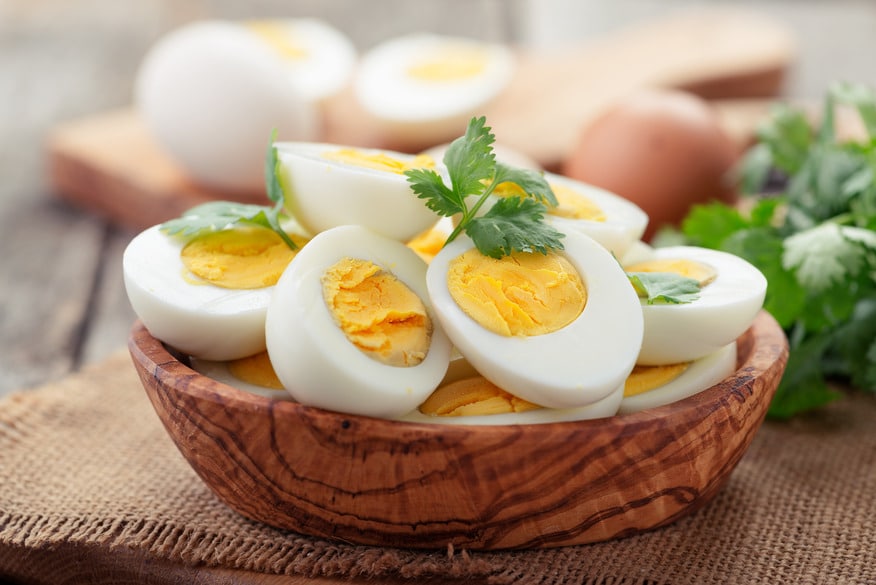Working hard at the gym is great only if you support it with adequate time for muscle recovery. As muscles use up stored glucose during exercise, making proper recovery is vital. Striking the right balance by including proteins and carbohydrates is necessary. Let’s set aside the buzz surrounding sports drinks or contrast water therapy and shift our focus to the simplicity of whole foods for the ultimate recovery.
Post-workout nutrition plays a crucial role in optimising the benefits of your exercise routine. The type of workout you engage in dictates your specific nutritional needs. For instance, endurance activities demand a higher intake of carbohydrates, while strength training places a greater emphasis on protein consumption. Skipping your post-workout meal can have detrimental effects, leaving you feeling fatigued, hindering muscle growth, and disrupting the essential process of tissue repair.
This blog introduces you to 5 foods that deliver a protein-packed punch.
5 Foods for a Protein Boost
When choosing post-workout nutrition, one must opt for foods rich in proteins and carbohydrates. Proteins aid in muscle recovery and growth, and carbohydrates restore energy. Here are 5 post-workout foods that can provide the much-needed protein boost:
1. Almonds
Almonds are a nutritional powerhouse, boasting 6 grams of protein in every 30-gram serving. Research shows that these crunchy nuts are also rich in fibre, mono unsaturated fats, phosphorus, magnesium, vitamin E, and more. Almonds make for a perfect post-workout snack that can aid in muscle recovery and support overall nutrition.
2. Curd
Curd is a nutritious choice that offers carbohydrates and proteins. It delivers approximately 8 grams of protein in a 250 ml bowl. Besides its protein content, it contains vitamins and minerals that contribute to bone health.
3. Eggs

Eggs are versatile and serve as a complete protein source. One egg contains 6.5 grams of protein. It’s worth noting that both egg yolks and egg whites contain protein, therefore including a whole egg along with cereal makes a wholesome breakfast.
4. Boiled Chana (Chickpeas)
Chana, or chickpeas, are a source of both protein and fibre. They help keep you feeling full for an extended period and aid in weight management. In just one cup of boiled chana, you can get around 14.5 grams of protein. However, to get complete protein, combine the channa with roti or millet or unpolished rice.
5. Quinoa
Quinoa is a gluten-free, plant-based food that is a good source of protein. It’s an ideal choice for those on gluten-free, vegan, or vegetarian diets, and when combined with lentils or dairy can provide good quality protein.
The Final Word
The significance of post-workout nutrition cannot be overstated. It is vital for effective muscle recovery, glycogen restoration, and the stimulation of muscle growth. Achieving the right balance of proteins and carbohydrates is crucial. Ensuring that you consume a well-balanced snack or meal in a timely manner, combined with proper hydration, is the key to successful muscle recovery. Don’t hesitate to explore nutrient-rich food options like boiled chana and soy-based products. Remember, it’s not just about eating post-workout; it’s about making the right nutritional choices to support your fitness goals.
Research Sources
The Role of Post-Exercise Nutrient Administration on Muscle Protein Synthesis and Glycogen Synthesis
Dietary Protein and Muscle Mass: Translating Science to Application and Health Benefit
International society of sports nutrition position stand: nutrient timing
